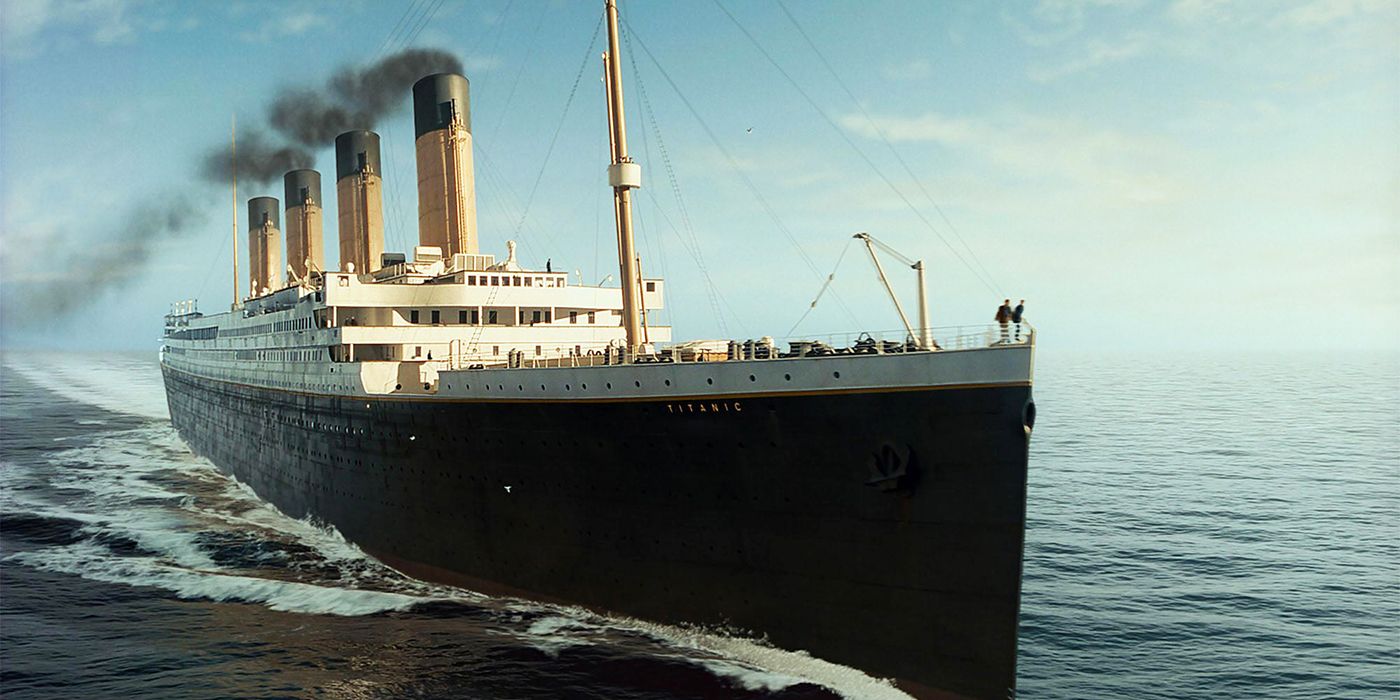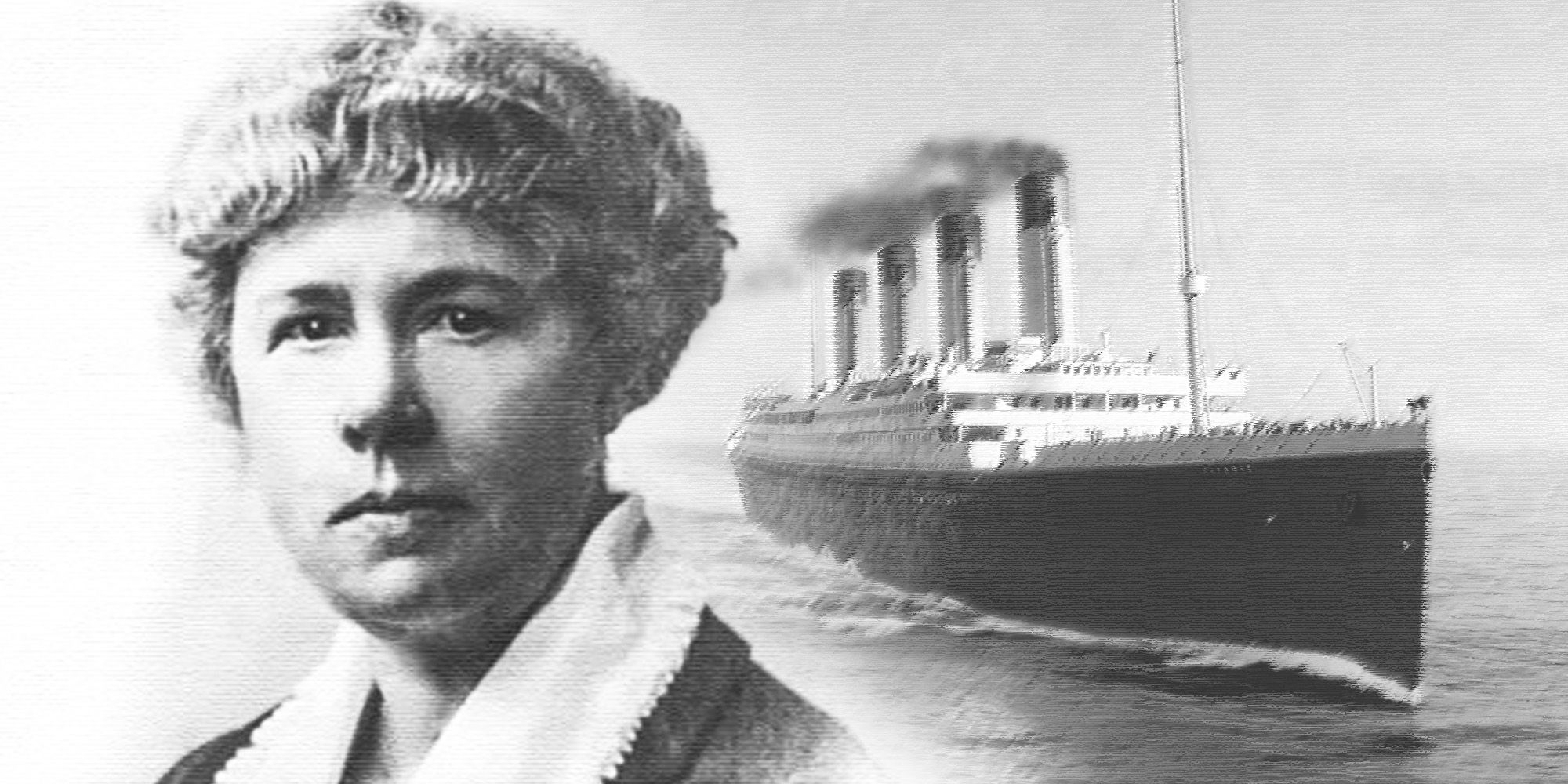
James Cameron’s Titanic included characters based on real-life passengers of the infamous ship, but it completely ignored one of the best. James Cameron is now mostly associated with sci-fi movies thanks to his work on big projects like Avatar, but back in the 1990s, he brought his most ambitious project at the time to life and it was far from the world of sci-fi: Titanic, a disaster drama movie that went on to become the most expensive movie ever made at the time, the highest-grossing film, and broke many more records.
Cameron took the real-life tragedy of the RMS Titanic in 1912 to tell the story of two passengers from opposite social classes: Rose DeWitt Bukater (Kate Winslet) and Jack Dawson (Leonardo DiCaprio). Over the course of four days, Rose and Jack met, got to know each other quite well, fell in love, and defended their relationship from all those who were against it, particularly Rose’s fiancé, Cal Hockley (Billy Zane), and her mother, Ruth (Frances Fisher). However, Rose and Jack also found some allies along the way, most notably Molly Brown (Kathy Bates), who even helped Jack get ready for his dinner with first-class passengers.

Molly Brown is one of the characters in Titanic based on real-life passengers, and she’s often pointed out as one of the most notable people on board the ship, so it’s not surprising that Cameron added her to the fictional story of Rose and Jack. However, Molly Brown wasn’t the only remarkable first-class woman on board the Titanic nor the only one who helped fellow passengers as the ship sank, and Cameron’s movie completely forgot about another formidable woman: Ella Holmes White.

Ella Holmes White was the daughter of Eliza Ann Richardson and telegraphist and inventor Edwin Homes, who set up his business, Holmes Electric Protective Company, in 1849, through which the family established a fortune. She married John Stuart White in 1894 and he died three years later, they had no children, and she never remarried. Holmes met music teacher Marie Grice Young in 1910, with whom she lived and traveled until her death, and it’s believed they were in a committed relationship. After vacationing in Italy, Holmes and Young decided to return to New York on board the Titanic, and they were joined by Holmes’ maid and her manservant. Holmes injured her ankle while boarding the Titanic and didn’t leave her room until the ship crashed, and she used a cane with a built-in electric light, which was a novelty at the time. Holmes and Young made it to lifeboat 8, where Holmes remained standing all night at the bottom as she found the seats too high to reach. Later on, while the lifeboat went back to locate other boats, Holmes used her electric walking cane to get the attention of any nearby boats.

If the image of an injured Holmes standing on a boat using the light of her electric cane as the only way to signal other boats wasn’t outstanding enough, some reports describe her as wearing her nightgown and high-heeled diamond-studded evening “slippers”. Holmes provided evidence to the American Inquiry about the sinking, testifying that the Titanic broke in two before sinking, and according to some sources, the scene in Titanic where Molly Brown is told by the boat captain that “there will be one less person on this boat if you don’t shut that hole in your face”, was based on a story reported by Holmes. Ella Holmes White died in 1942 and her personal items were willed to Young, who also received a monthly payment until she died, and her electric cane was auctioned in 2019. Molly Brown wasn’t the only strong-willed, brave, first-class woman on board the Titanic, and it would have been fun to see Ella Holmes White as a passenger in James Cameron’s take on the story of the Titanic.
